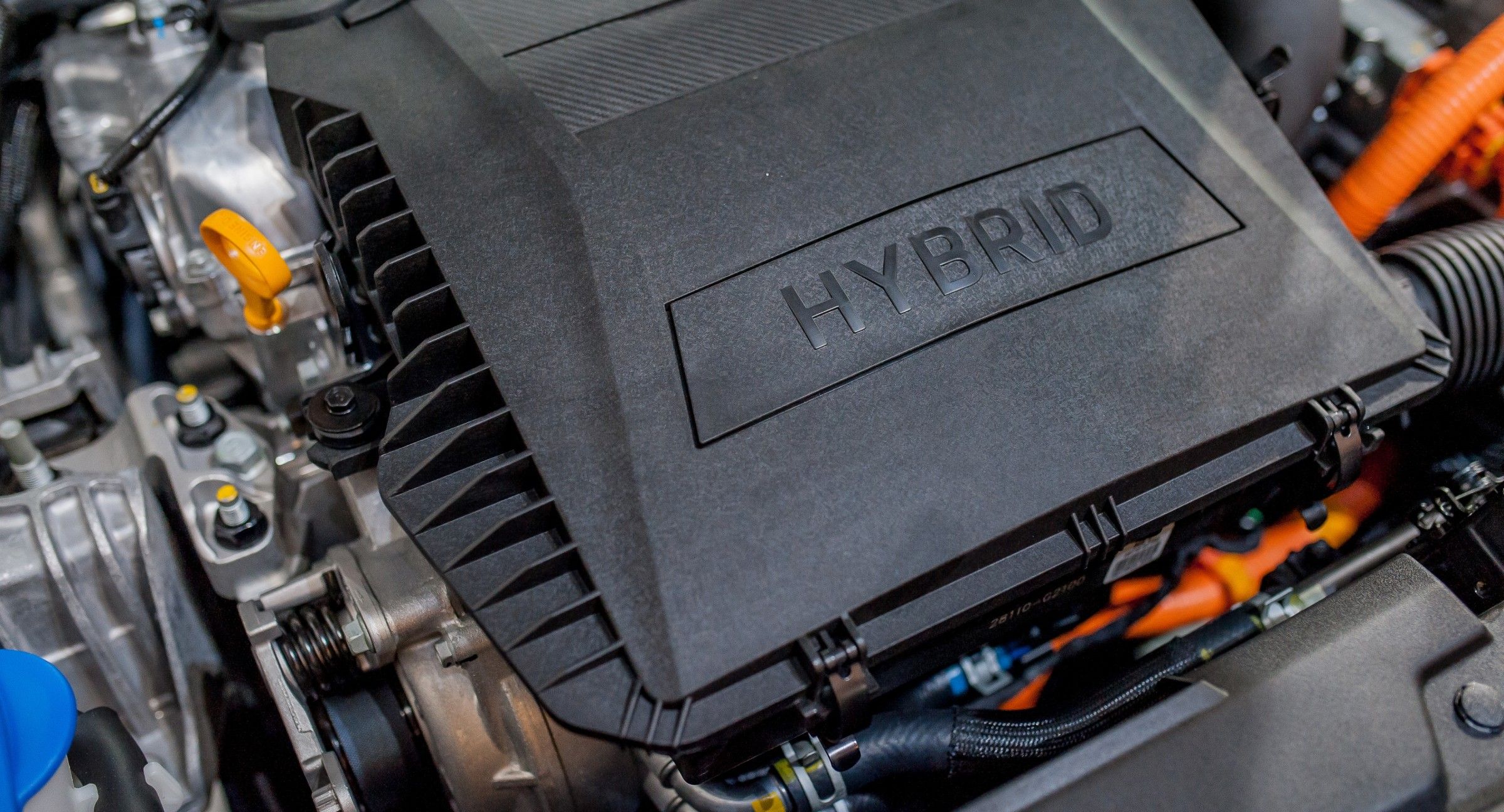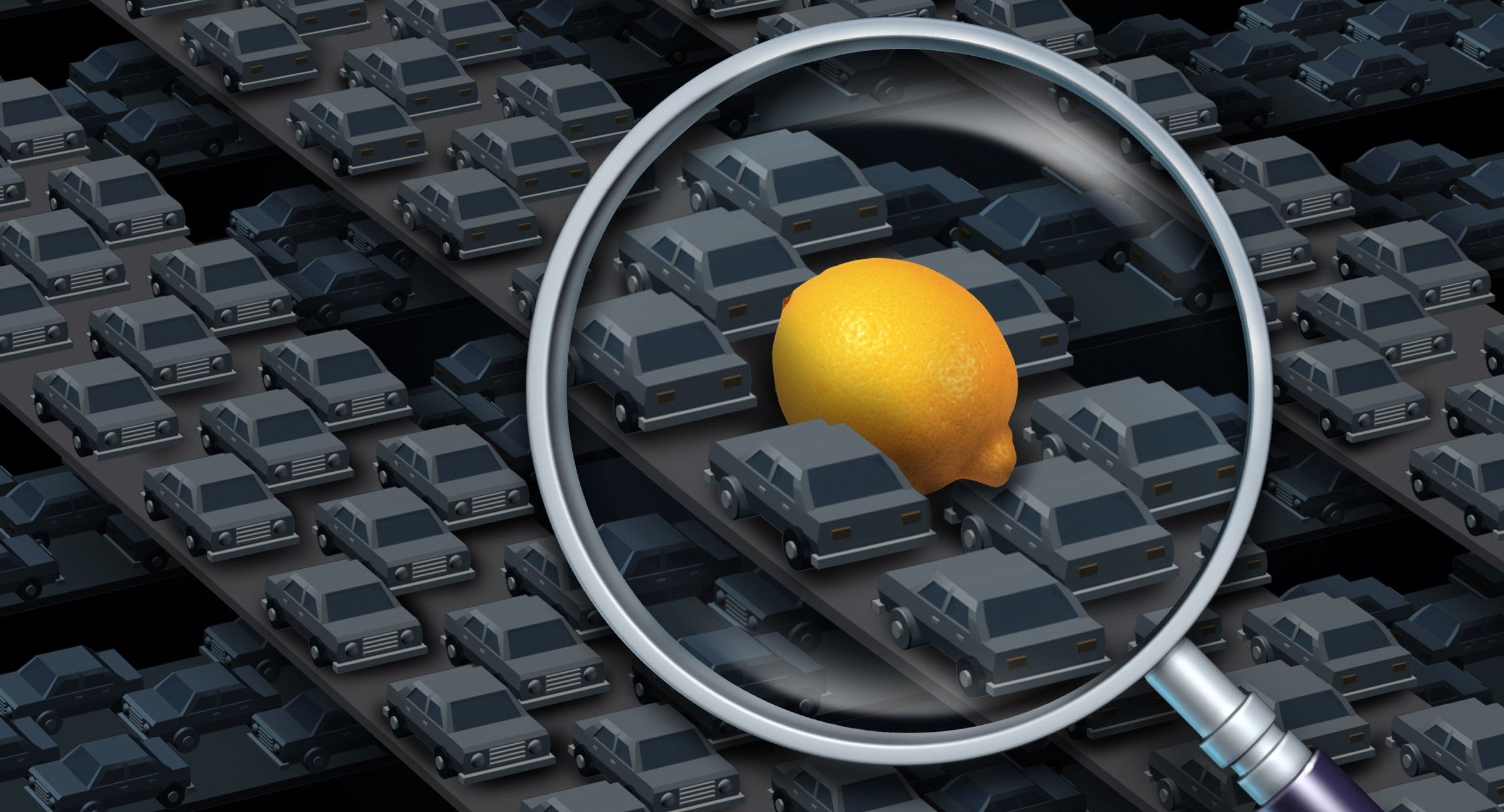California is set to ban the sale of new emission vehicles by 2025, shifting the focus heavily towards electric and hybrid vehicles in the market. Given this shift, buyers need to be aware of their rights when it comes to defects in these types of cars. Here’s a quick overview.
Common Electric/Hybrid Vehicle Defects
Like any vehicle, electric and hybrid models can experience defects. However, those specific to electric and hybrid vehicles include:
Battery Failure: One of the most critical components of electric and hybrid vehicles is the battery. Issues can range from poor battery life and failure to charge properly to more severe problems like overheating.
Hybrid System Malfunctions: Persistent issues with hybrid vehicles may include problems with switching between power sources or failures in the system—both of which impact the vehicle's drivability.
Braking System Issues: Many electric and hybrid vehicles use regenerative braking systems, which can experience problems like reduced braking efficiency or failure, impacting the vehicle's safety.
It’s worth mentioning that this is not an exhaustive list of potential defects.
What’s key is that the manufacturer’s warranty covers the vehicles, the issue is persistent, and that the buyer has given the seller a reasonable number of attempts to repair the defect.
How Does Lemon Law Protect Electric/Hybrid Vehicle Owners?
The Lemon Law protects vehicle owners in several ways to ensure they have recourse if their electric/hybrid vehicle consistently fails despite reasonable efforts to repair it.
Coverage of Defects: The law covers defects that impair the vehicle's use, value, or safety. For electric and hybrid cars, this includes issues unique to their technology—battery problems, electric motor failures, and issues with hybrid systems, etc.
Reasonable Attempts to Repair: Under California’s Lemon Law it is important that you deliver the vehicle to the dealership for repair. If you feel you have given the dealership a reasonable opportunity to fix the problem you should contact us to see if we can help.
My Vehicle May Be a Lemon. What Do I Do?
If you think you’ve purchased an electric or hybrid vehicle that is a “lemon”:
Keep Detailed Records: Document every repair visit, including the dates your vehicle was at the dealership, the specific issues reported, and any repair actions taken. Keep all repair orders and receipts.
Only Use Authorized Dealers for Repairs: Ensure all repairs are done at an authorized dealership. The Lemon Law process typically requires proof that the manufacturer had an opportunity to fix the issue through its authorized service centers.
Consult with a Lemon Law Attorney: If the manufacturer’s attempts at repair have exceeded reasonable limits, consult with one of our expert attorneys. Our team is experienced in Lemon Law cases and can provide guidance based on your situation.
Don’t Let a Lemon Sour Your Consumer Experience!
Are you a California consumer who purchased a defective car, RV, motorcycle, or product that fails to meet warranty standards? Get legal assistance from CA Consumer Law APC. Our team has extensive experience in California's Lemon Law, helping consumers seek recourse against manufacturers. Request a free consultation today!







